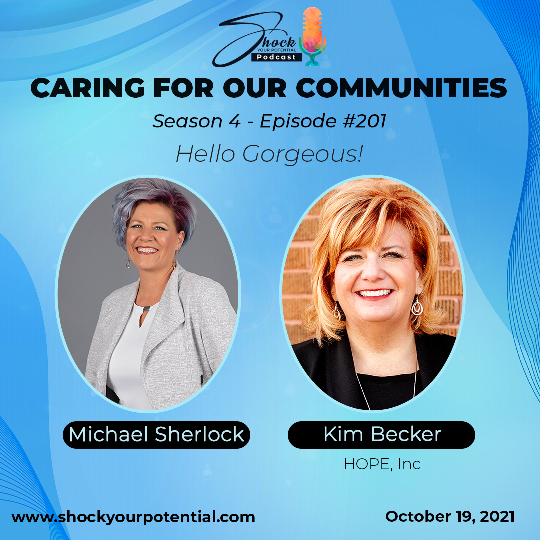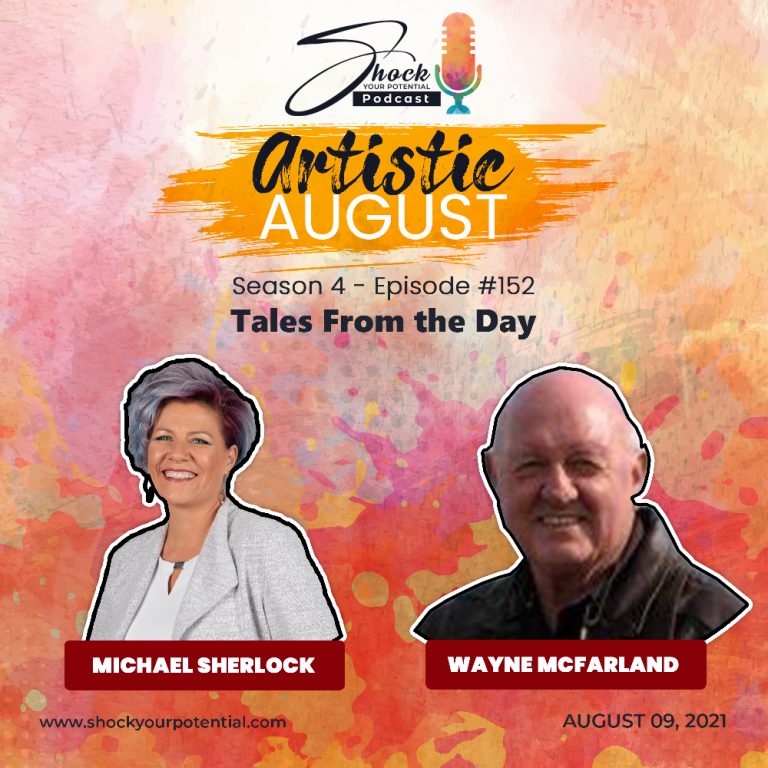“Crisis and bumps in the road or mistakes are an opportunity to discuss and communicate your values and talk about who you are.” Anthony Hayes
Every business is likely to encounter sudden and challenging crises at some point which if not well addressed, can be potentially damaging to reputation. To manage such events effectively, it is important to plan by addressing the existing communication framework. This is according to our guest today Anthony Hayes, who believes that in every crisis lies numerous opportunities for businesses.
Anthony Hayes is the founder of THI and has spent more than 18 years in communications, crisis and issue management, and political and legislative campaigns. A seasoned C-level advisor, Anthony has cultivated an energetic, fast-growing company now trusted to execute strategy for prominent clients around the globe. He has served leaders at the highest levels including presidential candidates, members of the U.S. Cabinet, governors and other elected officials, C-Suite executives, law enforcement officials, and high-ranking health and legal professionals.
Anthony’s firm has advised clients involved in complex legal matters and managed high-stakes media relations during crises such as Bridgegate, airport security breaches, and natural disasters including Superstorm Sandy and hurricane relief efforts in the U.S. Virgin Islands. At THI, Anthony and his team help leaders and organizations deliver major initiatives, break through the noisy media landscape, and navigate the world of politics and government all the while excelling despite the high pressure, politically sensitive, and confidential issues and at the same time demonstrating the utmost level of discretion and judgment.
In today’s episode, our guest will talk about how communicators can manage crises effectively. He will further share tips on how to be a better communicator.
Listen in!
Social media handles
https://twitter.com/HayesInitiative
https://www.facebook.com/HayesInitiative/
https://www.instagram.com/hayesinitiative/
https://www.linkedin.com/in/anthonyjhayesnyc/
https://www.youtube.com/channel/UCTf78eJzTXSx9oFv2kjFpyA/featured
- I’ve been in the communication space for over 18 years. [2:49]
- My business started in November 2016 after having a phone call with someone who said that they needed someone to run a nationwide bus tour around not repealing the Affordable Care Act where I asked them to hire our company. [3:25]
- Our clients are always trying to connect with different audiences, whether they are in a crisis that we’re trying to help them clean up, or they’re launching a new initiative, or they just want to remain connected and at Hayes Initiative we help them to the point. [3:59]
- I’m stunned at how many people when challenged a bit on what they’re trying to say realize they don’t know what they’re trying to say. [4:22]
- People assume that their audiences have unlimited time to talk to them and listen but they do not. [4:45]
- So you have to acknowledge that you have very little time to capture someone’s attention and so that’s why we focus on helping people get to the point. [5:06]
- I have been very fortunate that I’ve worked with many people and through all of these different experiences I have seen when people aren’t calm and how that does not help the situation. [8:10]
- I learned very early to not be too surprised by the ever-shifting landscape of media and certainly politics. [8:58]
- The best thing that you can do in a crisis is to take a breath and avoid going out there and cause more mayhem by responding without all details at hand and there are lots of ways to do that. [9:09]
- It is a very challenging environment, especially when you have some of the major national and global outlets sort of breathing down your neck. [10:10]
- We have all experienced in the last twelve months a global pandemic that played out on the backdrop of a national presidential election and everyone was figuring out how to communicate. [11:15]
- There is logic to sometimes pausing on your response because sometimes reporters and their headlines are just looking to bait you. [12:45]
- Leaders like to lead and speak with confidence however the problem is no one had any experience in COVID. [13:14]
- The situation thus forced leaders to step in regardless of what they do in business to not have things feel divisive. [13:28]
- When you’re trying to sort of move something forward that is a new initiative and is positive, you want to connect and get to the point of how it impacts the people. [17:08]
- The most succinct thing that I’ve ever heard in my life was when Steve Jobs released the iPod at a time when none of us had heard of an iPod. [18:08]
- When you have a positive message you have to lead with what you’re solving. [18:28]
- Commercial break. [18:52]
- One of the things I’ve learned more than anything is that everyone wants to communicate well but no one wants to put in the work to figure out what they are trying to say. [20:23]
- The biggest actionable steps that I share every day to help people get to the point, is to prepare the messages they are trying to get out. [20:43]
- One of the things that you can do is just sit down and write for two to five minutes and then go back and read it out loud. [21:04]
- Clean it up, make it shorter, and make sure that the first sentence that you’re writing solves the problem, and then read it out loud again. [21:34]
- Beyond preparing, be authentic and try out an idea with your friend before you start to move it out into the universe of people that you may want to be talking to. [22:52]
- Everyone wants to do high-stakes PR and there are a lot of people who would love to be in that setting but once there you understand very quickly that it takes a lot of preparation and a lot of work. [23:55]
- The biggest lesson for this month that I would encourage your listeners to think about is not to oversimplify communicating. [24:35]
- There is a lot that communicators can do better including understanding the business of media. [26:19]
- Reporters are swamped and are deadline-driven and so they have limited time to consume ideas and if you’re telling them that your idea is the best idea ever then you better make sure you’ve done your homework on why it’s newsworthy. [26:48]
- We had the pleasure of working for some major fortune 100 companies and tech companies and it is remarkable to me how many people do oversimplify communication at every level, regardless of big or small. [28:50]
- In my opinion, over the next year and a half in particular 2021, it is going to be about crisis communication so everybody needs to be prepared for that. [29:48]
- I would recommend that every business, look at their crisis management plan and make sure that it reflects the lessons they learned in 2020. [30:05]
- Crisis and bumps in the road or mistakes are an opportunity to discuss and communicate your values and talk about who you are, rather than getting so caught up in the fact that a crisis is happening. [30:15]
- I think if more people can view these things as opportunities, then they are going to start to come out of them a little bit better. [31:19]
…………………………………………………
Thank you to our January sponsor! KukuaBiz can provide dedicated and affordable talent from Kenya to help you grow and scale your business. Virtual employees are skilled in administrative functions, sales, podcast management, video editing, marketing, social media marketing, website design and management, and more.
Learn more: https://www.kukuabiz.com




